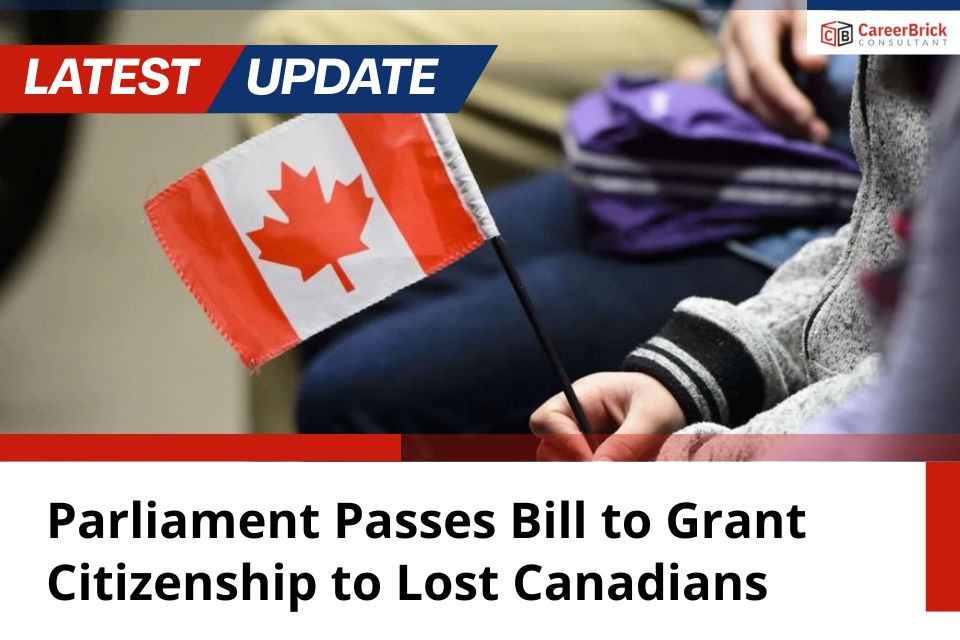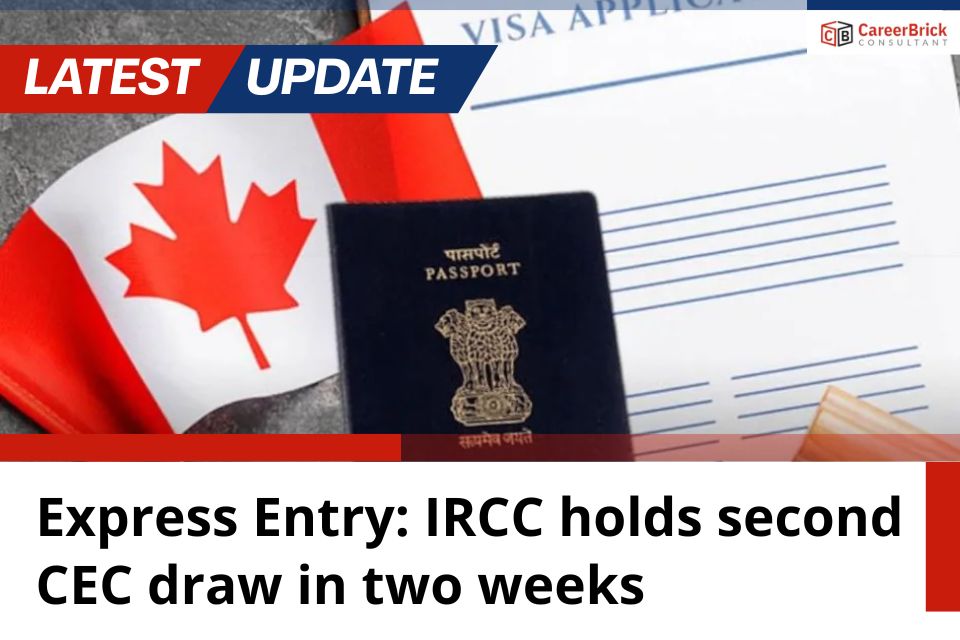On November 19, 2025, Bill C-3, An Act to amend the Citizenship Act (2025), successfully passed its third reading in the Senate and is expected to become law once it receives royal assent.
Schedule a Free Canadian Citizenship Consultation with Cohen Immigration Law Firm
The newly passed bill will address the citizenship of individuals impacted by Canada’s first-generation limit (FGL) on citizenship by descent.
Under Canada’s Citizenship Act, children born abroad to Canadian parents, by birth or adoption, can inherit Canadian citizenship. However, the current law, effective since 2009, limits citizenship by descent to the first generation, preventing children of Canadian citizens by descent from claiming Canadian citizenship. This limitation is known as the first-generation limit.
Once enacted, Bill C-3 will restore Canadian citizenship to those who have lost it due to the FGL.
The bill will also provide a key exception to the FGL going forward: after it comes into force, children of Canadian citizens by descent will be able to inherit Canadian citizenship at birth or adoption, as long as the Canadian parent can demonstrate a substantial connection to Canada. This will be defined as having spent at least 1,095 days (three years) in Canada before the birth or adoption of the child.
Following royal assent, the bill will take effect on the date established by the Governor General.
The move comes after years of legal battles. The FGL was declared unconstitutional by the Ontario Superior Court of Justice in December 2023. The court set several deadlines for the federal government to amend the Citizenship Act, the most recent extension pushing the deadline from November 20, 2025, to January 20, 2026.
During the bill's third reading in the Senate, a proposed amendment that would have made the substantial connection test stricter was rejected. This amendment sought to require the Canadian parent’s 1,095 days of physical presence to have occurred within a five-year period.







